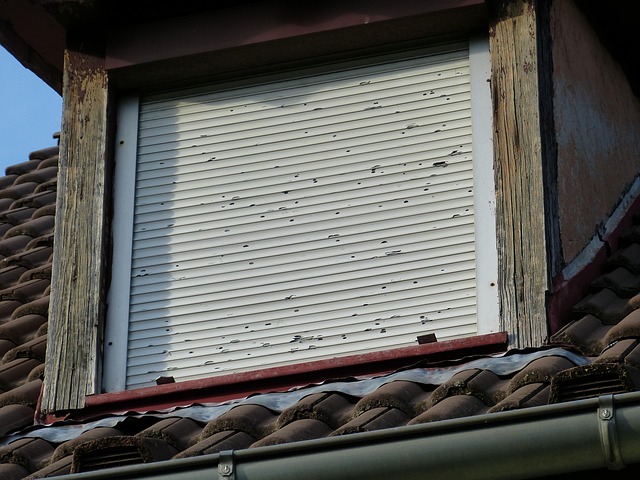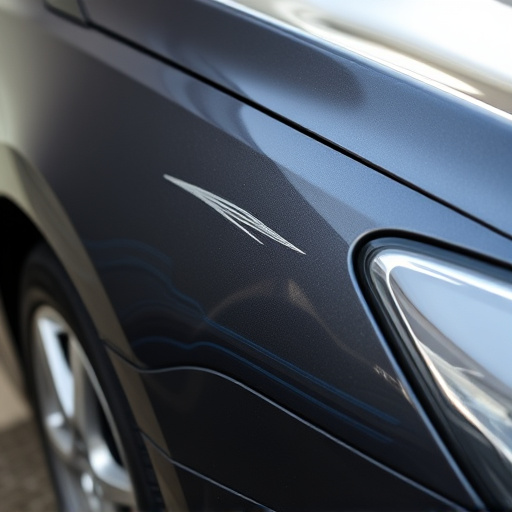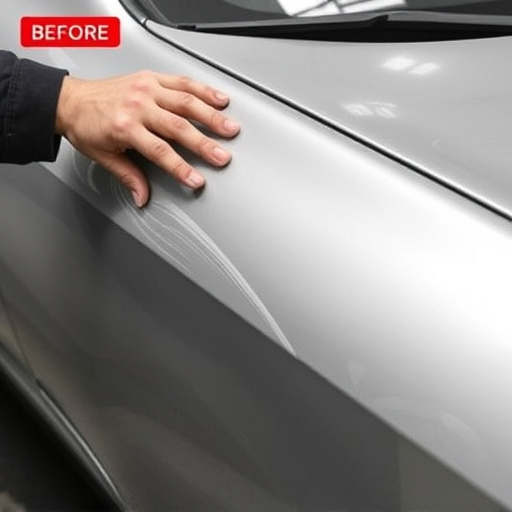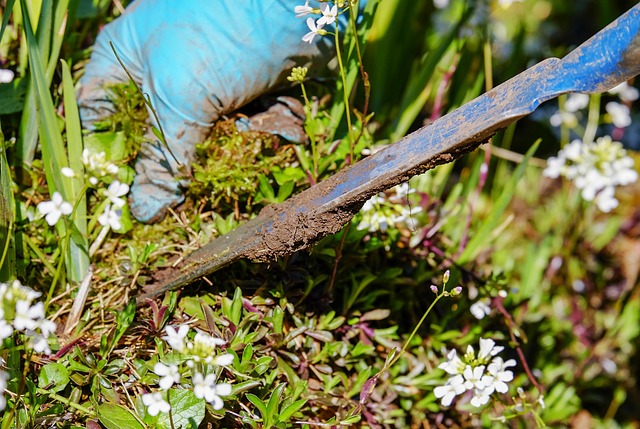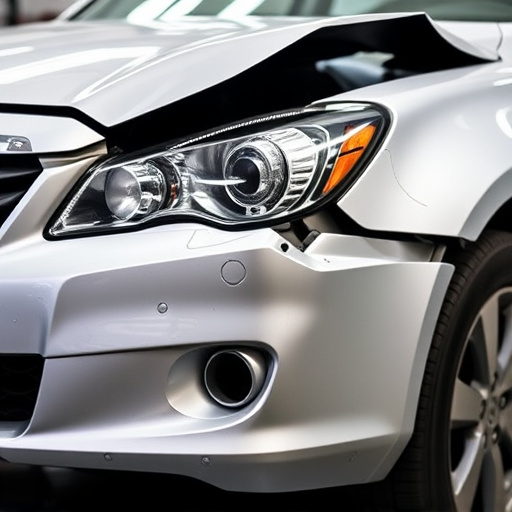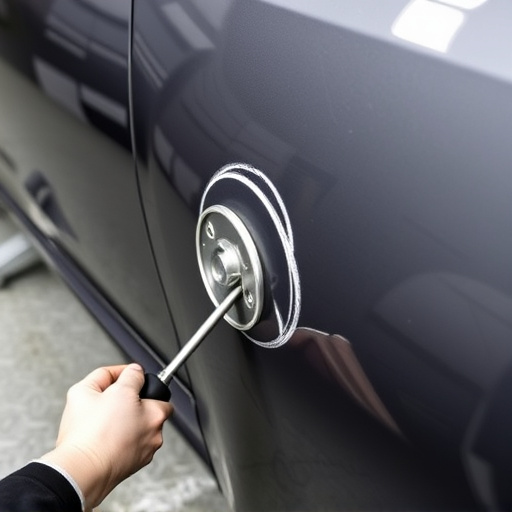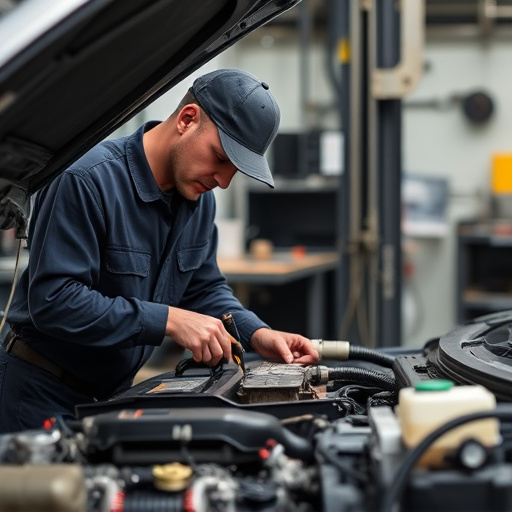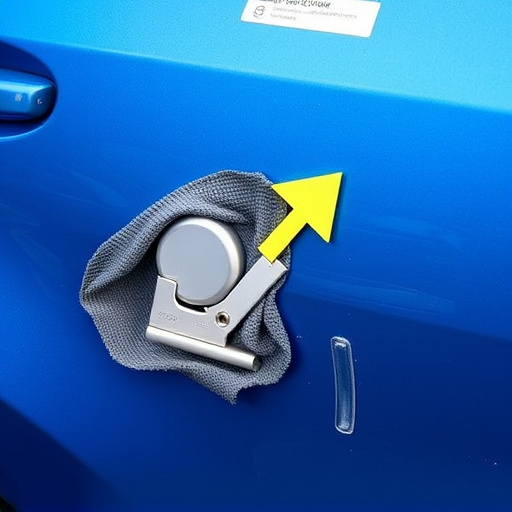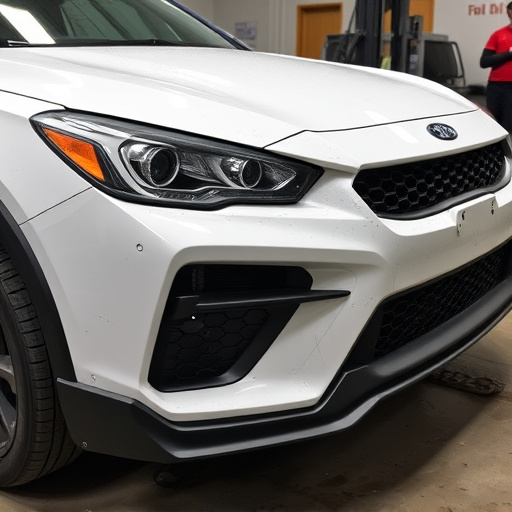Weekend collision repair services are vital for urgent car body repairs outside regular work hours. Specialized shops use advanced technology to offer quick turnarounds while maintaining quality and sustainability. They prioritize eco-friendly practices, manage hazardous waste responsibly, and comply with environmental regulations to protect ecosystems and worker health, attracting environmentally conscious customers.
In today’s fast-paced world, efficient weekend collision repair services are in high demand. This article explores the intricacies of managing collision repairs during off-weekend hours while adhering to stringent environmental compliance standards. We delve into understanding unique operational challenges, navigating complex regulations like those set by agencies like EPA, and ensuring sustainable practices for safe, eco-friendly auto body shops. By exploring these aspects, we aim to equip professionals with strategies for successful, compliant operations.
- Understanding Weekend Collision Repair Operations
- Environmental Regulations for Auto Body Shops
- Ensuring Compliance for Safe and Sustainable Practices
Understanding Weekend Collision Repair Operations

In the realm of automotive maintenance and repairs, weekend collision repair has emerged as a critical service, catering to the urgent needs of drivers who find themselves in accidents outside regular business hours. These specialized automotive body shops are equipped to handle various types of vehicle collision repair, ensuring that customers can get back on the road safely and efficiently. With a focus on quick turnaround times, these facilities employ advanced techniques and technologies to streamline the car body restoration process without compromising quality.
Weekends often present unique challenges for both drivers in need of repair and collision repair centers. However, with dedicated staff and efficient operations, automotive body shops that offer weekend services can mitigate these challenges, providing a much-needed service that aligns with environmental compliance standards. By adhering to strict protocols, these shops ensure that vehicle collision repair processes are eco-friendly, minimizing waste and emissions, and contributing to a more sustainable future for the industry.
Environmental Regulations for Auto Body Shops
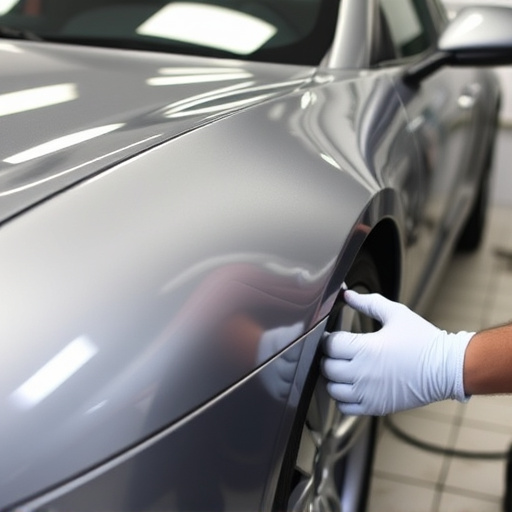
Auto Body Shops and Environmental Regulations: A Weekend Collision Repair Perspective
In the realm of weekend collision repair, environmental compliance is a vital consideration for car bodywork services. These regulations aim to protect both the local ecosystem and the health of workers within these shops. The primary focus lies in managing hazardous waste generated from car dent removal and various repair processes. For instance, proper disposal of solvents used in painting and degreasing, as well as the containment of toxic substances like lead from older vehicle parts, are strict mandates.
Many environmental standards also regulate air quality within and around these facilities, especially for shops offering Mercedes Benz collision repair services or those dealing with a high volume of vehicles. This includes controlling emissions from paint booths and ensuring proper ventilation to minimize the release of volatile organic compounds (VOCs). Adhering to these guidelines not only ensures a cleaner environment but also maintains the reputation of weekend collision repair businesses, particularly when it comes to eco-conscious car dent removal and comprehensive car bodywork services.
Ensuring Compliance for Safe and Sustainable Practices

In the realm of weekend collision repair, ensuring compliance with environmental standards is paramount for safe and sustainable practices. Body shop services that offer car paint repair and frame straightening must adhere to stringent regulations aimed at minimizing the ecological impact of automotive repairs. This involves the proper disposal of hazardous materials, such as solvents and paints, which can be toxic if not handled correctly.
By embracing eco-friendly techniques and technologies, weekend collision repair shops can contribute to a greener future. This includes using low-VOC (volatile organic compound) paints, implementing efficient recycling programs for metal and plastic parts, and adopting advanced frame straightening methods that reduce energy consumption. Such measures not only comply with environmental compliance standards but also foster a reputation for responsible and ethical business practices among conscious consumers.
In conclusion, navigating the complexities of weekend collision repair operations requires a delicate balance between efficient service delivery and stringent environmental compliance. By understanding the unique challenges and adhering to relevant regulations, auto body shops can ensure their practices are safe, sustainable, and in line with industry standards. This approach not only protects the environment but also fosters public trust and satisfaction among customers seeking timely weekend collision repair services.
